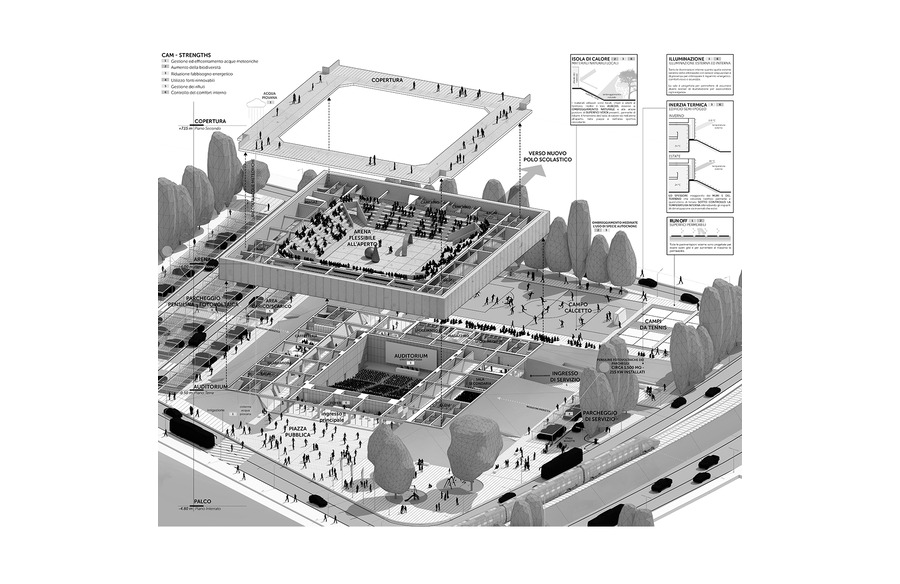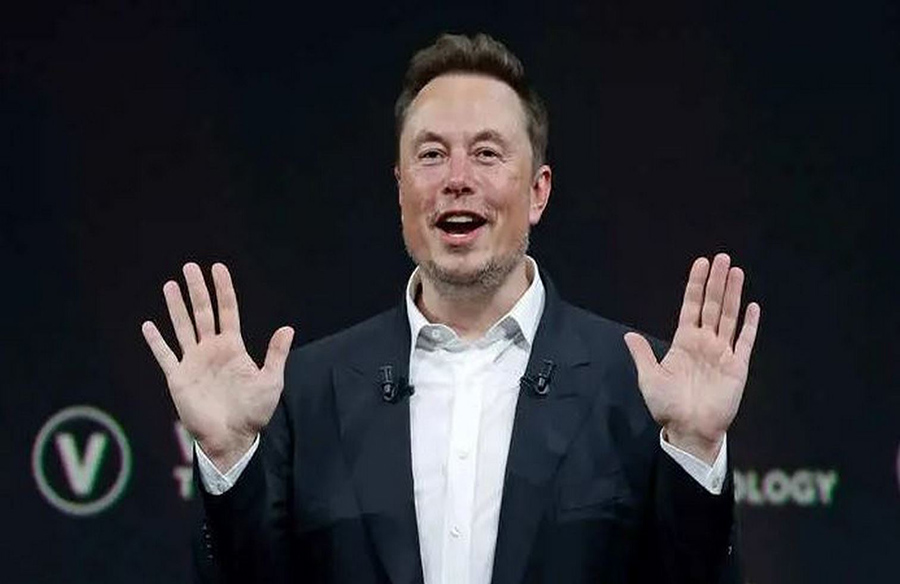Sam Altman’s Comparison: ChatGPT’s Evolution and Future Prospects

OpenAI CEO Sam Altman draws parallels between the current state of ChatGPT and the early days of cellphones, describing the current model as akin to a “barely useful cellphone.” Altman emphasizes the need for advancements in AI technology to unlock its full potential.
The Barely Useful Cellphone Analogy
Altman reminisces about the primitive black-and-white screen cellphones that could only display numbers, likening them to the current capabilities of ChatGPT. He underscores the imperative for OpenAI to strive for innovation and development to transition to more sophisticated AI models.
Pursuing World-Changing Applications
Expressing a desire for greater impact, Altman states that OpenAI has yet to witness as many world-changing applications of AI as they aspire to achieve. He envisions a future where AI facilitates personalized tutoring, medical advice, disease cure, and environmental problem-solving.
Elevating the Standard of Living
Altman believes that widespread access to advanced AI can significantly elevate the standard of living by providing abundant high-quality intelligence to individuals. This empowerment enables people to create and innovate across various domains.
Assessing AI Productivity and Improvement
While acknowledging the value derived from AI services, Altman highlights the challenge of quantifying AI’s impact on productivity for scientists. He underscores the ongoing evolution of AI models like ChatGPT, with the upcoming GPT-5 expected to be smarter than its predecessors.
Looking Towards the Future
With the release of GPT-4 and ongoing developments in AI technology, Altman urges patience and experimentation. He advocates for a regulatory framework that evolves alongside AI advancements, emphasizing the importance of learning and adapting as the technology progresses.
Optimistic Projections
Altman remains optimistic about the future of AI, expecting significant advancements within a few years and envisioning remarkable progress over the next decade. Despite uncertainties, he encourages a forward-looking approach to harnessing the potential of large language models to tackle profound scientific questions.













